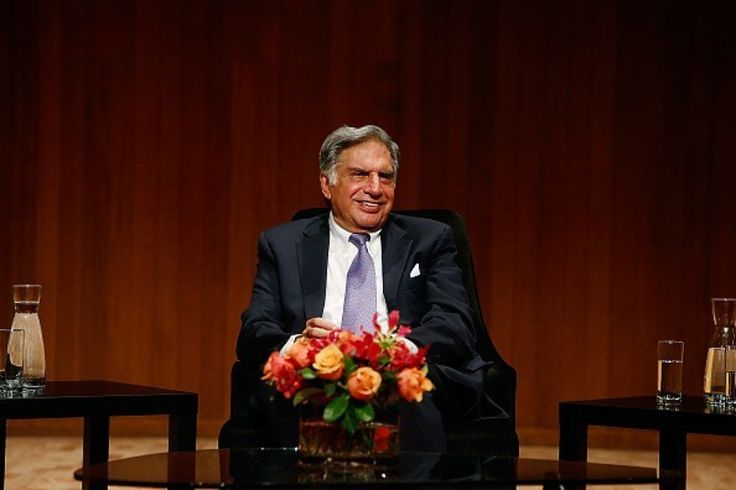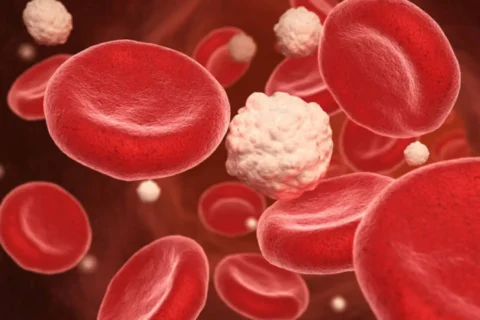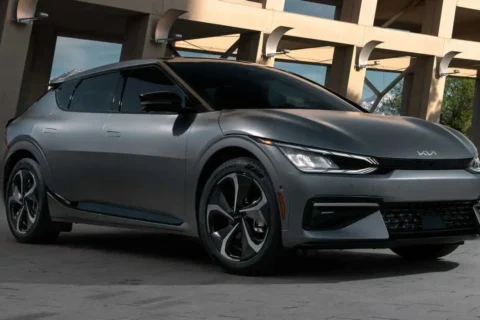Ratan Tata, was a celebrated industrialist and philanthropist, had a 2024 net worth of ₹3,800 crores. His wealth is tied to Tata Sons, though much of it supports charitable initiatives. He has made significant donations to education, healthcare, and rural development, reflecting his deep commitment to societal well-being.
Ratan Naval Tata, born on December 28, 1937, is an Indian industrialist, philanthropist, and former chairman of Tata Sons, the holding company of the Tata Group. Known for his visionary leadership and commitment to corporate social responsibility, Tata has played a crucial role in shaping modern India’s industrial landscape. This article delves into his early life, career achievements, philanthropic endeavors, and his lasting impact on society.
Early Life and Education
Ratan Tata was born in Mumbai, India, into the illustrious Tata family. He is the son of Naval Tata and Sonoo Tata, and the grandson of the legendary industrialist J.R.D. Tata, who founded the Tata Group. Ratan Tata pursued his schooling at St. Xavier’s College in Mumbai and later obtained a degree in architecture from the University of California, Berkeley. He also attended the Harvard Business School, where he completed the Advanced Management Program.
Career at Tata Group
Ratan Tata joined the Tata Group in 1962, initially working on the shop floor at Tata Steel in Jamshedpur. He gradually climbed the corporate ladder, taking on various roles within the organization. In 1991, he became the chairman of Tata Sons, succeeding J.R.D. Tata. Under his leadership, the Tata Group expanded its operations and diversified into several new sectors.
Major Achievements

- Global Expansion: Ratan Tata was instrumental in taking the Tata Group global. He led significant acquisitions, including the purchase of Tetley Tea in 2000, Corus Steel in 2007, and Jaguar Land Rover in 2008. These acquisitions helped establish Tata as a global player in various industries, including automotive, steel, and consumer goods.
- Innovation and Product Development: One of Tata’s most notable achievements was the launch of the Tata Nano in 2008, marketed as the world’s most affordable car. This innovative approach aimed to provide mobility to millions of Indians while showcasing Tata’s commitment to engineering and design.
- Sustainability and Corporate Responsibility: Ratan Tata emphasized the importance of sustainability and corporate social responsibility in business operations. Under his guidance, Tata Group initiated several initiatives focusing on environmental sustainability, ethical business practices, and community development.
Philanthropy and Social Contributions
Ratan Tata’s commitment to philanthropy is well-known. The Tata Trusts, which hold the majority of Tata Sons shares, have a long history of funding various social initiatives in India. Tata’s philanthropic efforts focus on health, education, rural development, and infrastructure. Some of his notable contributions include:
- Healthcare Initiatives: Ratan Tata has been a significant supporter of healthcare initiatives in India. The Tata Memorial Hospital in Mumbai is renowned for its cancer treatment and research, providing affordable healthcare services to those in need.
- Education and Skill Development: Tata has been a strong advocate for education and skill development. The Tata Group has invested in several educational institutions, including the Tata Institute of Social Sciences (TISS) and the Indian Institute of Science (IISc).
- Rural Development: Recognizing the challenges faced by rural communities, Ratan Tata has championed initiatives aimed at improving the quality of life for rural populations through sustainable development projects.
Leadership Style and Philosophy
Ratan Tata’s leadership style is characterized by humility, integrity, and a focus on teamwork. He believes in empowering his employees and fostering a culture of innovation within the organization. Tata’s philosophy emphasizes the importance of ethical business practices and the role of businesses in contributing to society.
Quotes and Philosophy
Tata has often spoken about the significance of giving back to society. One of his notable quotes reflects this belief: “I don’t believe in taking right decisions. I take decisions and then make them right.” This philosophy underscores his commitment to action and continuous improvement.
Legacy and Recognition
Ratan Tata’s contributions to business and society have earned him numerous accolades and recognition. He has received honorary degrees from several universities and has been awarded prestigious honors, including the Padma Bhushan (2008) and the Padma Vibhushan (2014), two of India’s highest civilian awards.
In 2021, Ratan Tata was named one of the world’s 100 most influential people by Time magazine, recognizing his impact on global business and philanthropy.
Conclusion
Ratan Naval Tata is a visionary leader whose influence extends far beyond the business world. His commitment to innovation, sustainability, and philanthropy has significantly shaped India’s industrial landscape and improved the lives of countless individuals. As he continues to inspire future generations, Ratan Tata’s legacy as a leader and philanthropist will undoubtedly endure.
Feel free to let me know if you’d like to add any specific details or make adjustments!













